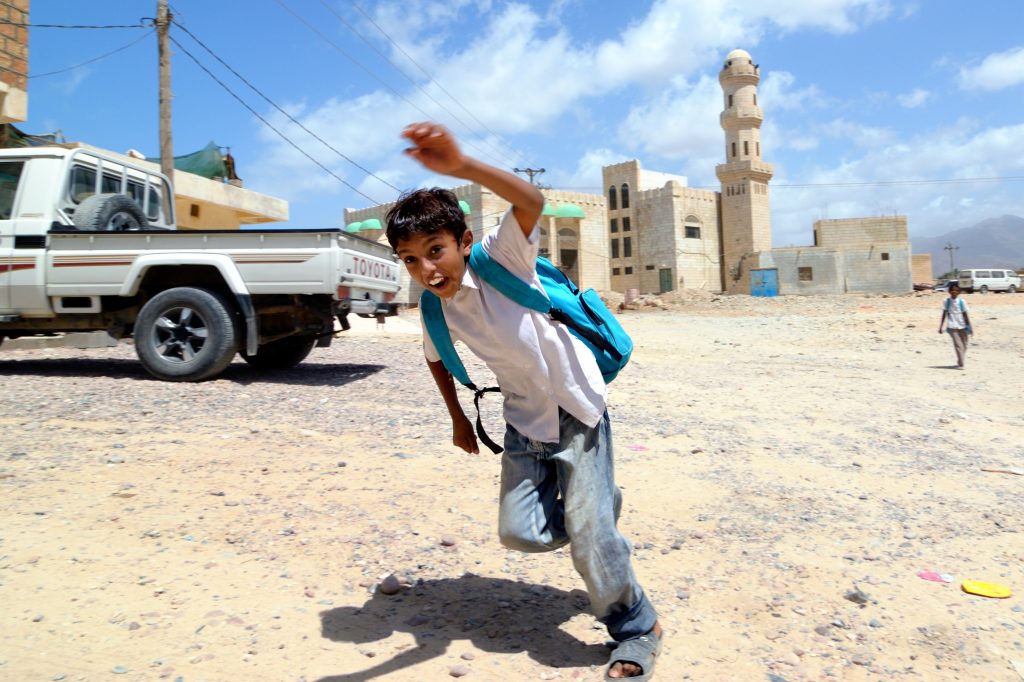Jamal Bin Huwaireb reflects on the challenges posed by the COVID-19 pandemic to lifelong learning in the Arab region

The Arab region, in common with many other parts of the world, faces significant challenges in achieving lifelong learning, notably high levels of illiteracy and education systems damaged by poverty and conflict. The toppling of governments during the ‘Arab Spring’ and conflict between and within countries have destroyed education systems in Iraq, Syria, Libya and Yemen, while seriously damaging opportunities for learning in other Arab countries. The COVID-19 pandemic is now undermining the economic activity on which individuals, families and communities depend. While people are struggling to earn, they cannot use their resources to learn. And, without learning, they are condemned to a life focused on subsistence only, with young people increasingly exposed to the temptations of criminal behaviour and terrorism.
Communities and governments seek to provide social support in the form of health and education, as well as routes to gainful employment or entrepreneurship for youths and young adults. Even in wealthy countries, there are challenges in providing sufficient resources for health, education and employment. The pandemic is placing yet more strain on budgets and institutions, and creating additional challenges and demands. Continue reading
